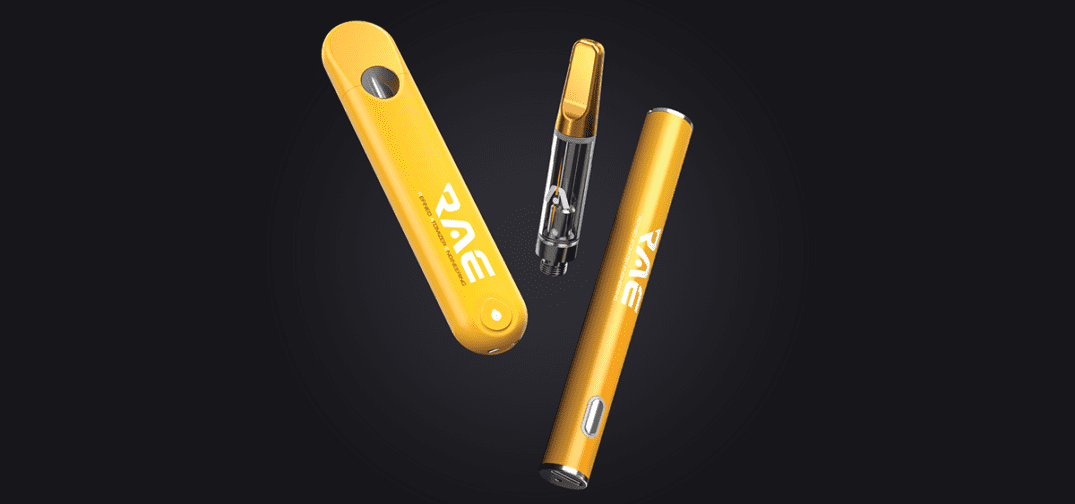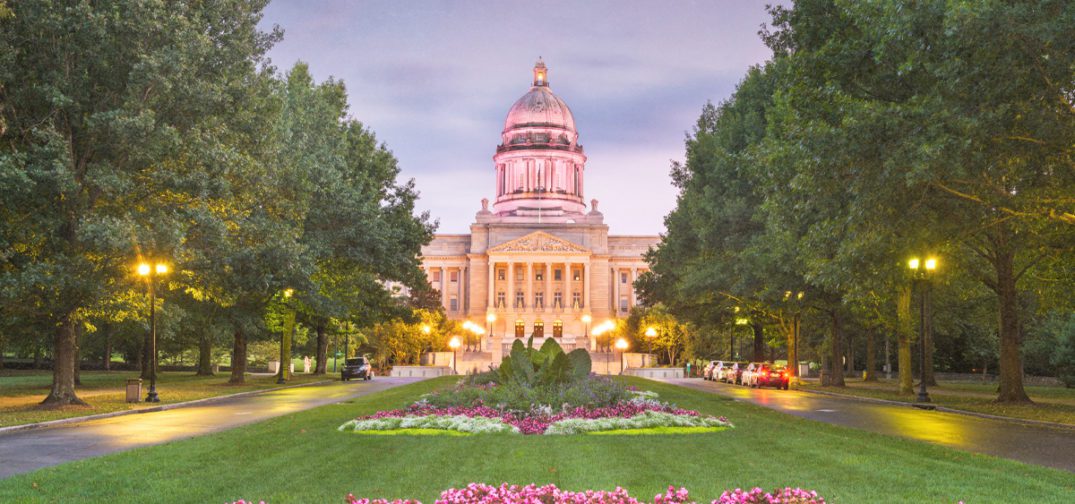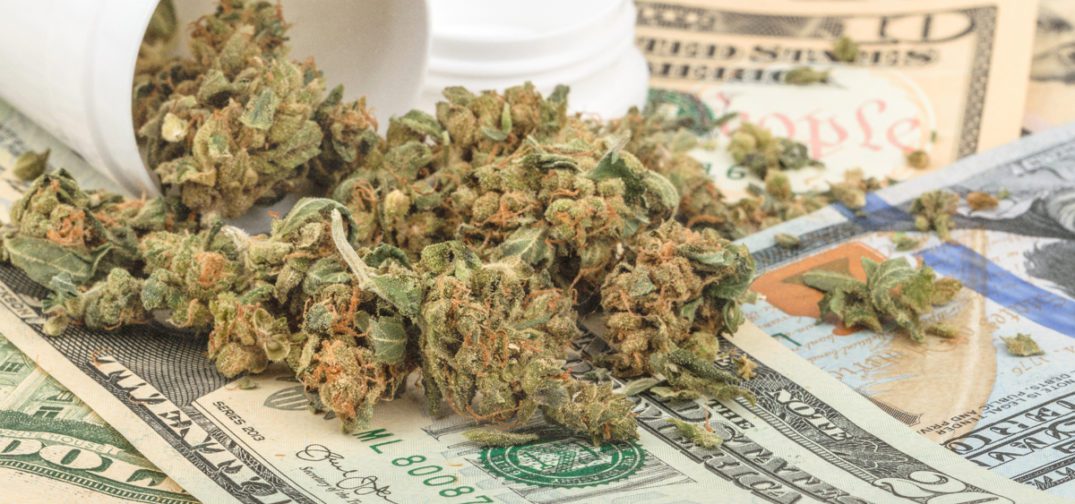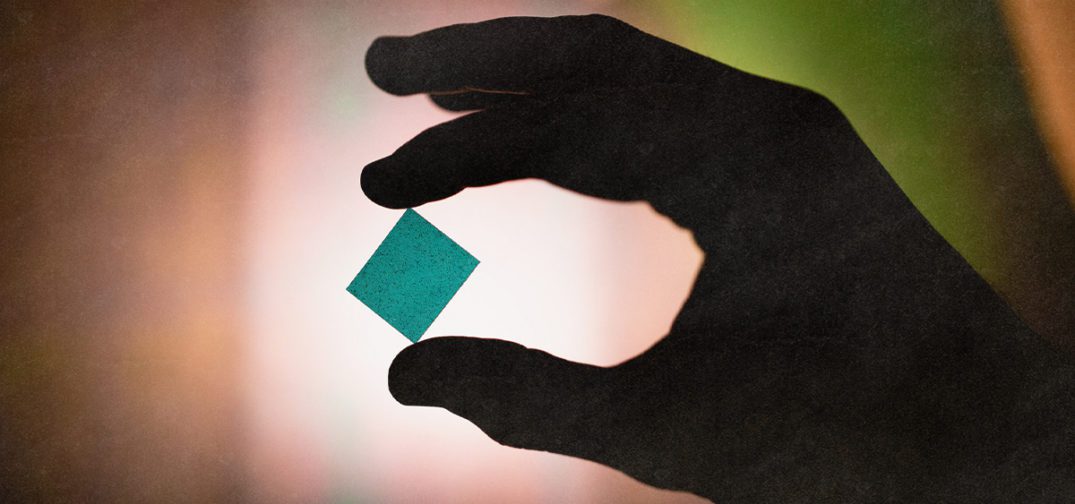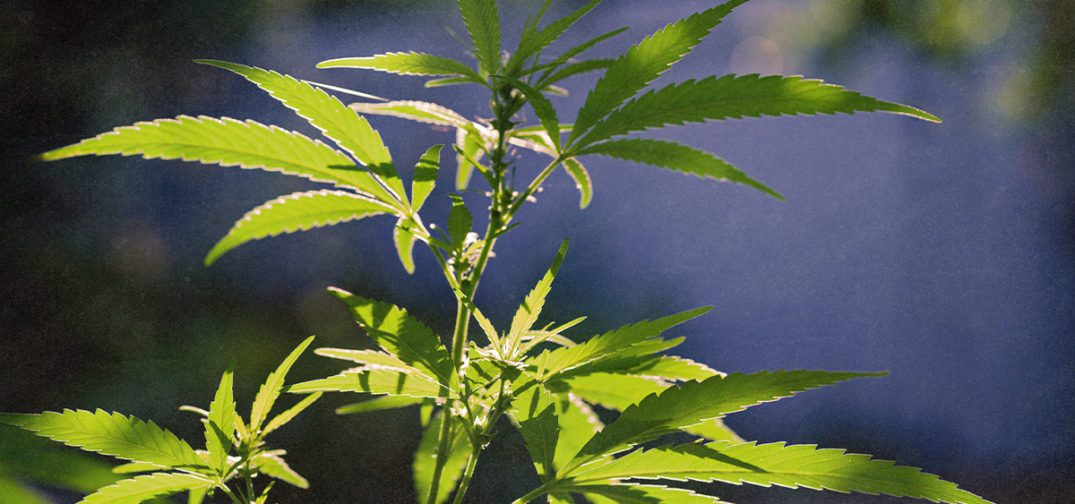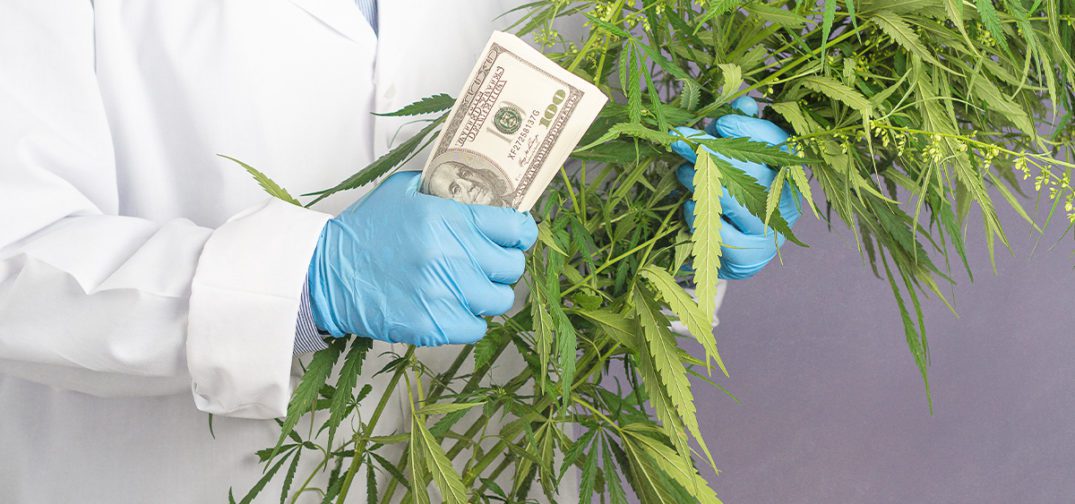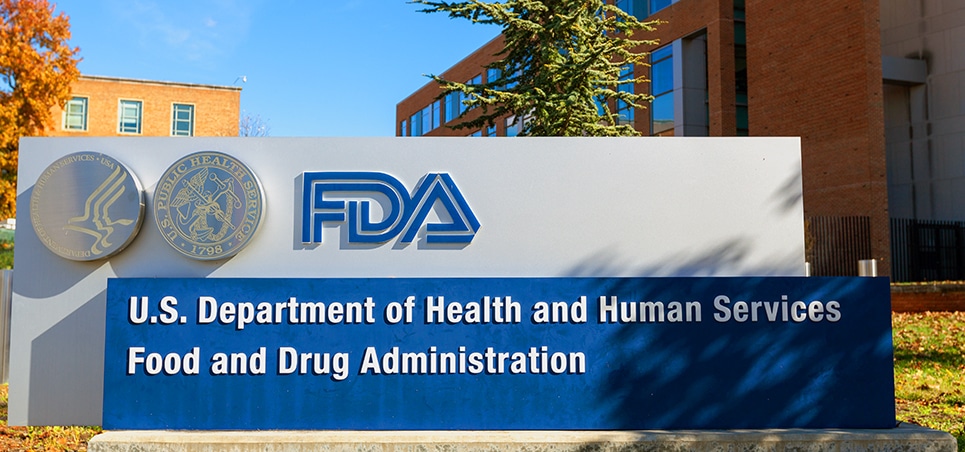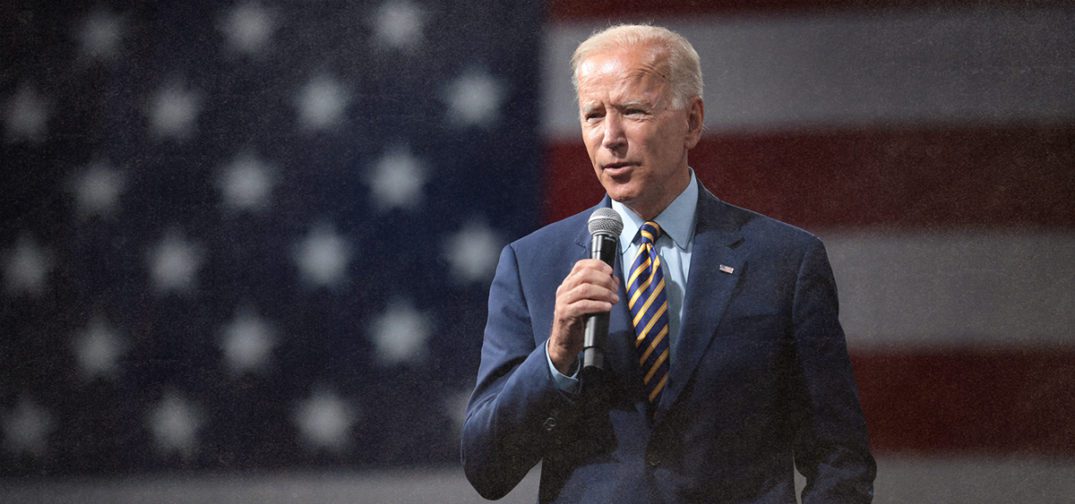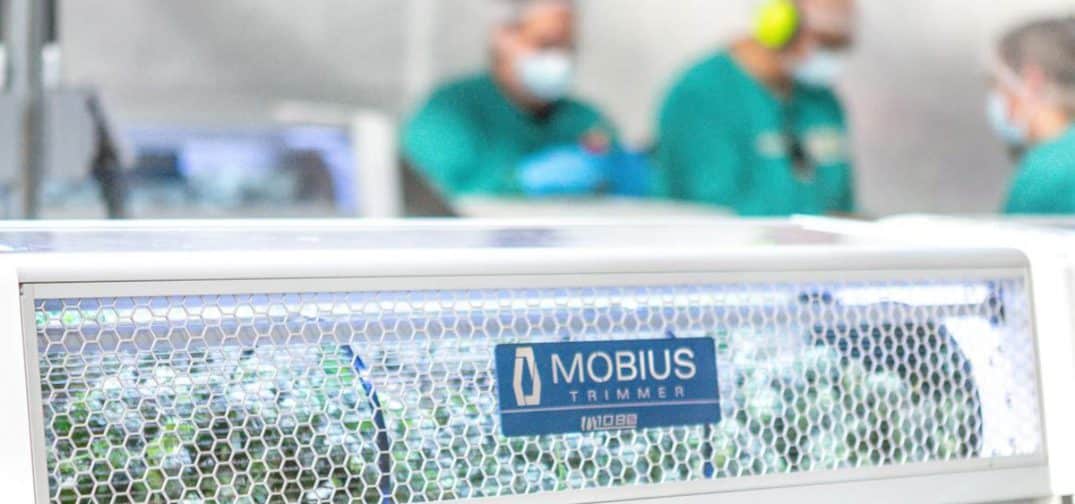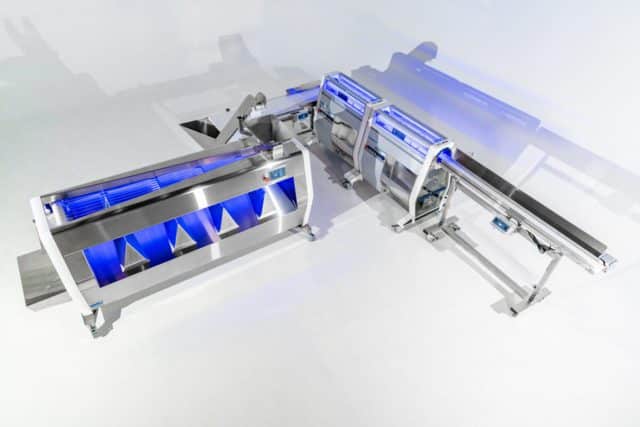Vernon, CA, United States — Marijuana Packaging, a leading cannabis packaging supplier, is launching the new vape brand hardware brand RAE™, short for Refined Atomizer Engineering. RAE™ aims to revolutionize the vape industry by using cutting-edge technology to push the boundaries of engineering and product performance.
RAE™ is committed to producing state-of-the-art vaping hardware that provides a supreme experience. Its product line-up includes vape cartridges, batteries, and disposable vaporizers crafted from FDA-approved materials.
RAE’s branding is centered around safety, compliance, and quality control. The brand aims to provide companies in the cannabis extracts industry with the best products to help represent them in the best light.
RAE’s Superior Technology
The technology behind RAE™ vaping hardware sets the brand apart from other manufacturers. RAE™ focuses on research and development to ensure the continuous production of its vaping equipment. The brand has heavily invested in research facilities and acquired top minds in aerosol science to spearhead production.
Similarly, RAE™ invests heavily into research and development. Not only does this ensure that the company continues to improve its products and processes, but it also helps attract and retain the best engineers in the industry.
Standard Coil
RAE’s Standard Coil is produced from the brand’s proprietary in-house ceramic. This premium material, coupled with the company’s heating element, helps create a high-porosity network that significantly improves the performance of any vaporizer. Furthermore, it facilitates better absorption of oils for smoother inhalation.
Mesh Coil
The engineers at RAE™ designed the mesh coil to heat up rapidly in low temperatures. This patented piece of tech can operate at just 160°C (320°F), allowing consumers to get a rich flavor without risking combustion or damaging the oils. The mesh design also increases the heating surface area for better performance.
Notch Coil
The Notch Coil by RAE™ is a heating element more than three times larger than other vaporizer coils in the market. Consequently, it has a more significant surface area, allowing it to offer incredible heat distribution. It also operates in relatively low temperatures of around 210°C, which reduces burning and preserves oil quality.
Ultra Core
The Ultra Core is RAE’s flagship nanofilm ceramic heating element. It is fully integrated with a ceramic wick, making it durable and reliable. The large surface of the Ultra Core allows it to perform at low temperatures. It also helps reduce the amount of carbon deposits by approximately 50% compared to thick film ceramic and 67% less than cotton cores.
Materials and Sourcing
While designing fantastic vape hardware may be a priority for RAE™, it wouldn’t be possible without sourcing the best materials. Essentially, this is the root of RAE’s operations, and the brand does not compromise when it comes to the quality of its materials.
Single-Source Ceramic
RAE™ only uses in-house ceramic for the production of all its cores. Doing this helps the brand maintain consistency and reliability. The brand utilizes its fully automated manufacturing facility to produce highly porous ceramic with a precise uniform structure, resulting in smooth consistent hits.
Stainless Steel 316L
RAE™ also utilizes stainless steel 316L, a corrosion-resistant metallic alloy of stainless steel, nickel, and molybdenum. It is very durable and resistant to chemical contaminants. For this reason, it ensures that RAE’s vaporizers prevent heavy metal leaching, which can cause numerous health issues.
Batteries & Power Supplies
RAE™ only sources Grade A ores from reputable suppliers for its batteries and power supplies. The brand also ensures its batteries are UL-certified and constructed using the best materials to guarantee maximum performance and efficiency.
Safety
RAE™ has developed rigorous testing methods to ensure it continues to produce unmatched vaping equipment that is safe for consumers. For instance, the brand ensures its products are heavy metal tested using in-house and third-party laboratories.
Similarly, RAE™ performs extensive accelerated testing on products to analyze their condition and longevity. This is unlike other manufacturers that only test their hardware immediately after production.
RAE™ also utilizes an automated manufacturing facility to ensure consistent quality and minimize production discrepancies. Moreover, the brand only uses 100% FDA-approved food-grade materials to ensure optimum safety.
Products and Customization
RAE’s line-up of products includes vaporizer cartridges, batteries, and disposable vaporizers. All these products make use of the brand’s ceramic cores, long-lasting batteries, and mouthpieces.
Moreover, RAE™ also offers a comprehensive customization library, allowing brands to be just as unique as the brand’s hardware. Clients can get everything from custom color finishes on their cartridges to attractive LED colors on batteries.
Customization is also a straightforward process that only involves a few steps. All clients have to do is pick their desired product, select their customization mods, and watch RAE’s team of creatives bring their vision to life.
About RAE™
RAE™ is a vaping hardware brand that combines innovative engineering with superior technology. Through extensive research and rigorous testing, the brand continues to find ways to push the envelope in the vaping sector.
RAE™ consists of more than 3,500 members including engineers and creative minds dedicated to transforming the vaping sector through the development of their technology. As a result, RAE™ has some of the most advanced vaporizer technology in the world.
Contact Information
Company: RAE™
Address: 3359 E 50th St Vernon, CA 90058, United States
Phone: (866) 942-4262
Email: info@raevapes.com
Website: https://raevapes.com/

